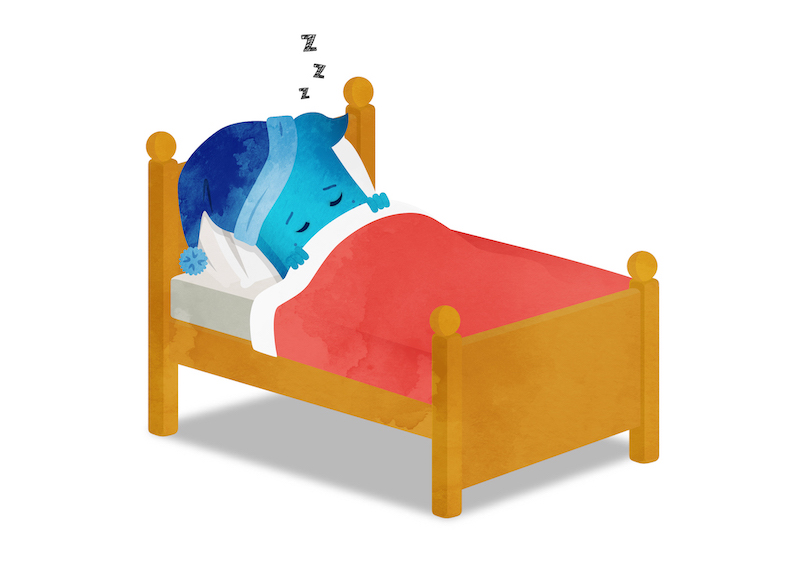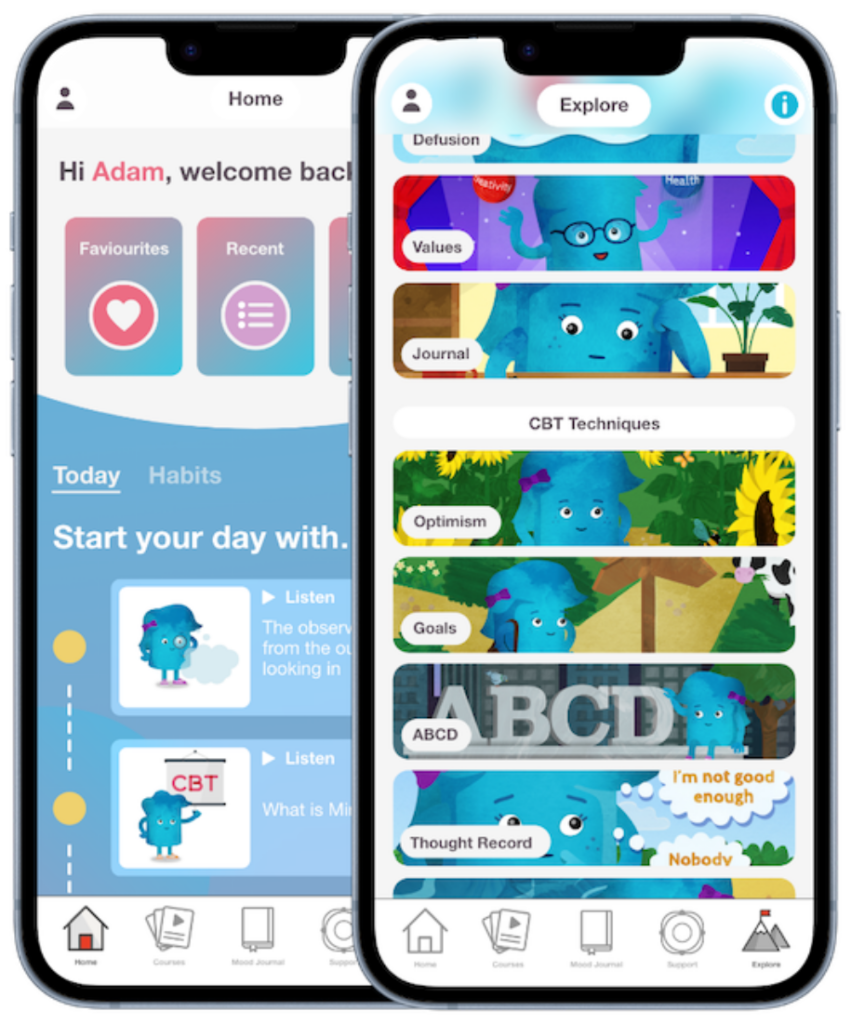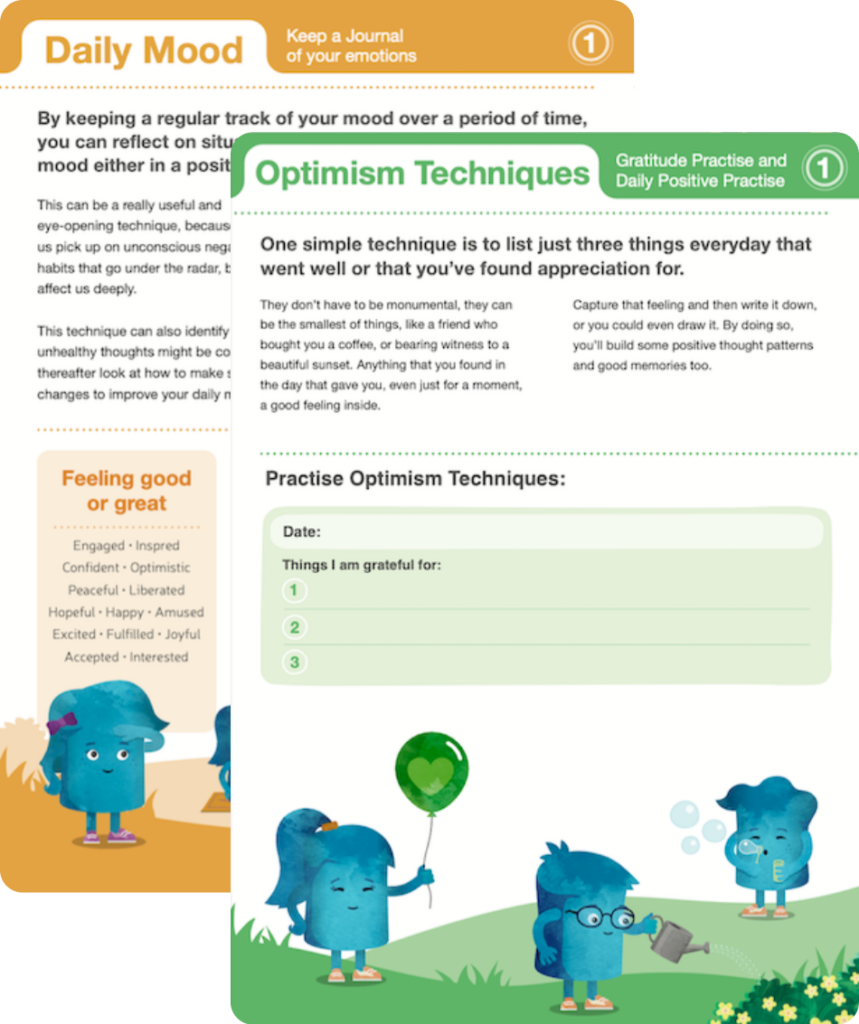We’ve all experienced the agony of not being able to sleep. The clock strikes 3AM and we’re still lying there, tossing and turning in bed, worrying about how it’s going to impact our day.
It’s incredibly disconcerting. Even if you’re somebody who is mentally healthy, it can just take a few bad nights of sleep to make the most agile people agitated. It can impact our work life and our relationships, and it can make us crankier and more fatigued during the day.
As a society, we’re sleeping a lot less. Partly because of the pressure of modern life and the expectations we feel. With all this pressure, life can easily unravel if something is not going right – such as not getting enough sleep.
The problem is that we can’t force ourselves to sleep. It just happens…..or it doesn’t. But what we can do is make sleep more conducive and start to regain some perspective on our thoughts.
The real problem is not sleep, but the anxiety around sleep.
Often, if we are honest with ourselves, we have drifted into this sleep-less situation due to work, circumstance, or a poor lifestyle. Oftentimes, you’re aware that something has to change but you just can’t face dealing with it.
There’s a lot of advice out there but there are some misconceptions around sleep. The first of which is the belief that if we lose a few hours of sleep for instance, we must make it up, but this is not the case.
Our brains are smarter than that. They will adjust to the lack of sleep and boost whatever stages of sleep we’ve missed out on the most. The two main forms of sleep are deep sleep (happens at the beginning of the night) and REM sleep (happens in the early morning hours). Both stages are important, and our brain will know which one we’re in need of the most.
Begin to Improve Your Sleep by Boosting Your Circadian Rhythm
The first way to make sleep more conducive is to boost your circadian rhythm, or your natural sleep cycle. This will encourage sleepiness.
You can do this by first making sure that you’re switching off all electronic devices before you go to bed. I know, easier said than done!
This is important because your phone, tablet and laptop all emit blue light, which effectively mimics daylight, sending signals to your brain that now is the time to wake up. So, by switching these devices off a couple of hours before sleep, you can help your circadian rhythm.
Since we’re on the subject of improving our circadian rhythm, the next step to take is to make sure your bedroom is as dark as possible. Perhaps get an eye mask or blackout curtains. If you think about our ancestors out in the open savanna, they would not have had any of the light pollution that we get from streetlights and car headlights.
Help Induce Sleep with an Established Bedtime Routine & Caffeine Avoidance
Another healthy habit is to have a regular bedtime. I would suggest around 11-12, but don’t worry about being religious about this as what matters most is feeling that genuine sleepiness….and to feel sleepy there is the prep we need to give our bodies and minds.
A final practical step to take is to avoid caffeine as much as possible after midday, since caffeine fuels us with adrenaline that can keep us awake. Believe it or not, caffeine stays in our blood stream for an incredibly long time. It can take up to 6 hours for the caffeine in a regular cup of coffee to reduce in our blood stream by 50% and it can take another 6 hours for it to completely go away.
Work to Reduce Sleep Anxiety & Experience Less Sleep Deprivation
Given that much insomnia can boil down to anxiety, there are a few things you can do. First, you must change how you relate to your thoughts, and secondly, try distracting yourself from the thoughts to calm yourself down.
In terms of changing your perspective, it’s all about distancing yourself from your mind. The main lesson we learn from Acceptance and Commitment Therapy is that we’re not our thoughts. Instead of thinking, “I’m not going to sleep tonight, I can’t cope”, switch that on its head by thinking, “it’s just my mind telling me I won’t sleep and that I won’t be able to cope.”
Also, observe what your mind does and notice the feelings that arise in the body. Always maintain that distance that you’re not your thoughts or your mind, but instead, you are an observer.
Of course, it would be remiss not to mention that difficulty sleeping can be about stress and worry. Churning stuff round and round without end is not great. Write down your thoughts – get them onto the page and observe them. Then put them to the side and come back to them tomorrow. Is it really that easy? Of course not but getting your thoughts in order and doing this as part of a routine will get you better ready for sleep.
Finally, if you’re anxiously tossing and turning in bed, besides changing perspective, it can be a good idea to leave the bedroom. Do something that you enjoy with low level light to calm yourself down. Perhaps read a book or listen to some music.
We can also become very hot during the night, so try and cool yourself down and when you get that sleepiness, attempt to fall asleep.
Finally, remember that we have been programmed over millions of years of evolution, so our body knows how to sleep. Leave your brain to it as it knows what to do. All you must do is get the preparation done! If your body needs to sleep, it’ll sleep, and if it means just lying in bed, you’re still resting and that’s good for you.






